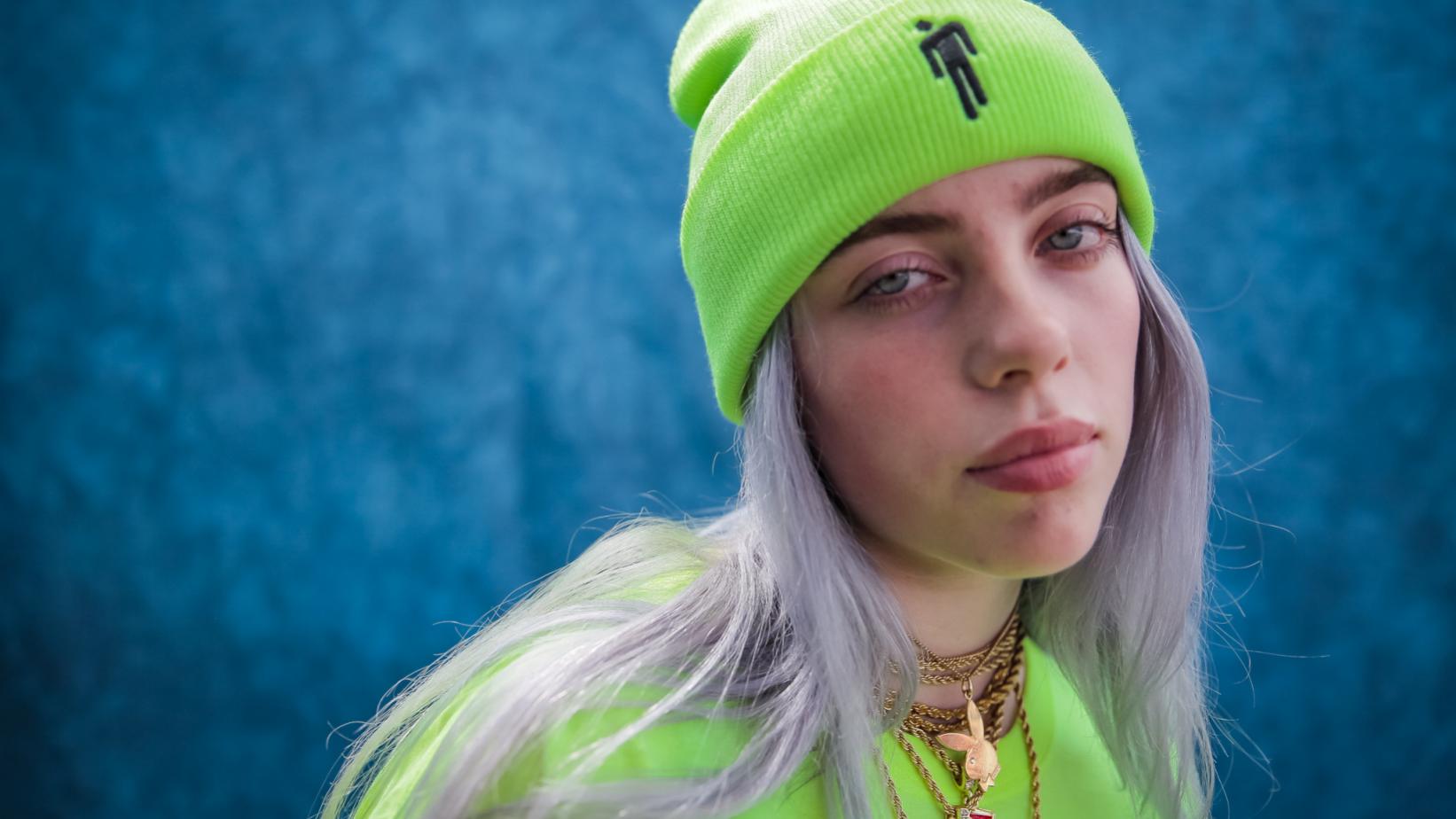There seems to be a trend going on the music world today, but this one has no signature sound. No trademark looks, face tattoos, or use of auto tune. In fact, it’s a movement to kind of not be recognizable at all, but to be minimalistic in approach. Less is always more. It bears no similarities to the genres that came before it, nor does it try to reinvent the wheel. They’re simply tunes that can be played with no more than a piano and an 808 drum machine. One critic might call it the “music of the future.”
Billie Eilish’s music seems to embody all these traits. Here is an artist who writes lyrics which the world sings along to, but still records everything in a bedroom. She has a worldwide following and fan base with over a billion streams on Spotify, millions of followers on Instagram and twitter, yet only just released her first album a few days ago. So how has she become such a household name? What does her music incorporate that spans ages, genders, and nationalities?
Well, to start, it’s not about what her songs do, but about what they DON’T do. If it feels skeletal, minimal, as if the basic building blocks are there and nothing else, then you’re absolutely right. Her songs are rather strange apparitions of what they originally could’ve been, as if they’re ghosts of the original model. I’m sure there were other tracks to the songs as well to make them more flourish-y and colorful, but were eventually stripped away, leaving mainly percussion, synths, and her whisper.
What’s left are the essential elements of popular music – percussion, bass, melody. But what’s interesting is how much mileage she gets out of using just these basic tools, allowing her to craft such electronic music emotionally, and effectively. She allows room for intimacy, which is what you don’t normally get through traditional electronic records. But much like James Blake, she’s not afraid to strip away the flash of her songs to let the emotion be front and center. It’s like the “three chords and the truth” thing – all you need is what’s available to you in order to make something more of it.
But what is it that makes it so appealing to the mainstream? Something that’s so avant-garde only casts a short spell that wears off before the next interesting thing comes around. But, looking at her streaming numbers, social media presence, and ever growing fan base (not to mention shattering records the first day her first album came out), is she the real deal? Is this the future we’re hearing?
Well, let’s take a look at what that actually might mean. Billie Eilish is the culmination of every factor in the music industry that makes an artist successful: a combination of hype, social media presence, content, and youth. She checks all the boxes, but what really seals the deal is how androgynous her music is. Rather than being labeled with a genre and easily categorized in a box, her music is opaque enough to blur borders rather than solidify them, in that you really can’t put a finger on what genre this music actually is. But it’s not that her music is outside the box, it’s not inside the box either. Instead, it exists on the edge of the box. It not only excludes genres, but takes the best parts of them and splices them together.
But perhaps that’s what drives her success – the inability to categorize therefore widens her appeal across all genres and demographics. What the music doesn’t provide therefore satisfies all music interests.
David Bowie once told Lorde that her music “sounds like the future.” And I’m beginning to wonder if Billie Eilish is the next phase of that. Will the following generations of pop artists start getting younger and younger? As more and more resources become available and the necessity for a recording studio begins to dwindle, will anyone at any given intelligent age be able to make a catchy song with the ease of new conveniences? Or is this all just another passing phase?
Regardless, the most successful artist right now in the world is a 17 year-old. She proves that if you can execute and deliver, then age shows no constraint. It doesn’t matter if she sounds like the future, because her time is now.
Photo by Daniel Mendoza
